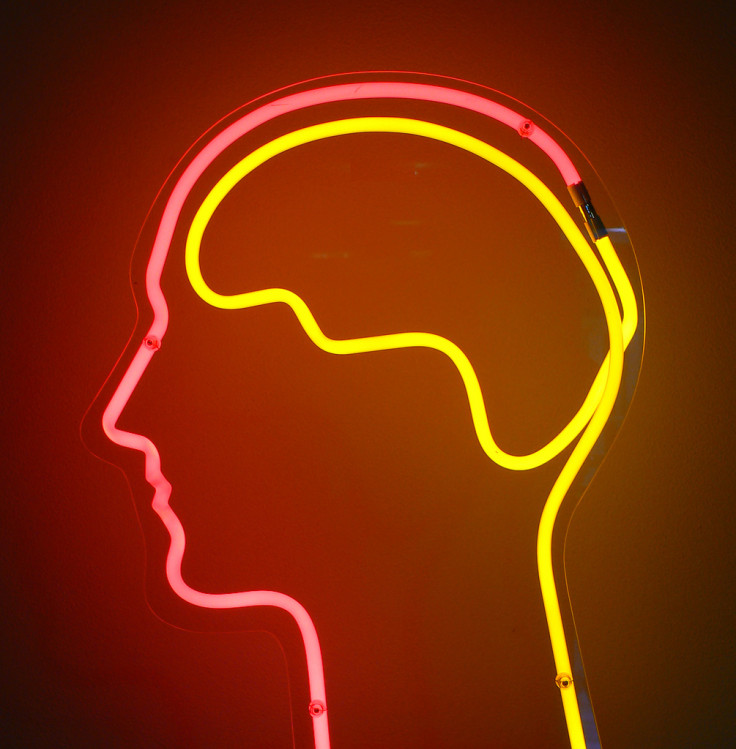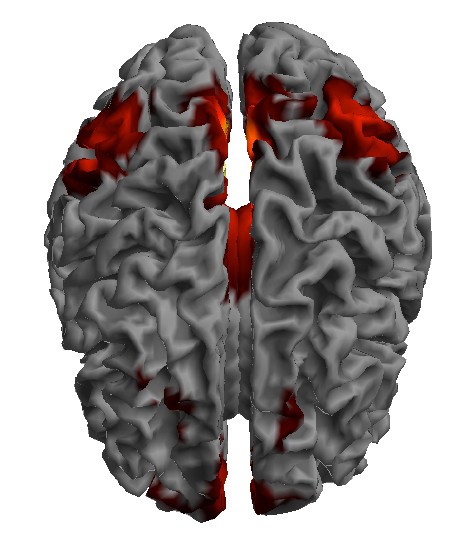Future depression identified by looking at network in the brain

A network which interacts between regions in the brain was found to have stronger connections in people with a high risk of depression than those with a low risk. Researchers found that the increased connectivity could be used as a precursor for those that have a high risk of developing depression in later life.
The researchers investigated the 'default mode network' (DMN) in the brain, a network involved in thinking about the past, other people, and how we feel about ourselves.
The study comes out of Columbia University Medical Center and New York State Psychiatric Institute. It shows for the first time that this type of high connectivity in the brain is linked to the onset of depression.
"These findings suggest that looking at activity in the DMN may offer an objective method of identifying people who are at risk of developing major depression," said Myrna Weissman, author of the paper. "This may represent another way toward advancing prevention and early intervention for this major public health issue."

The researchers used the family history of 111 participants to conclude whether they were at a high risk of developing Major Depressive Disorder (MDD), or at a low risk. All participants were aged between 11 and 60 years-old.
They then used magnetic resonance imaging to compare the default mode network within the brains of the participants. Their results showed that there were stronger connections between participants with a high risk of depression, compared to those with a low risk.
Previous research has shown that there is a link between the default mode network and major depressive disorder. These new results shows that there is a link before the depression even develops, and could be used to treat it before it rears its head.
Jonathan Posner, researcher on the study said: "If this insight proves correct, behavioural interventions that improve the functioning of the DMN, such as meditation and mindfulness, could be used to address a brain-based problem, before it leads to a depressive illness."
Almost 1.7 million people suffer from depression in the UK, and one in four experience a mental health problem every year.
© Copyright IBTimes 2025. All rights reserved.






















